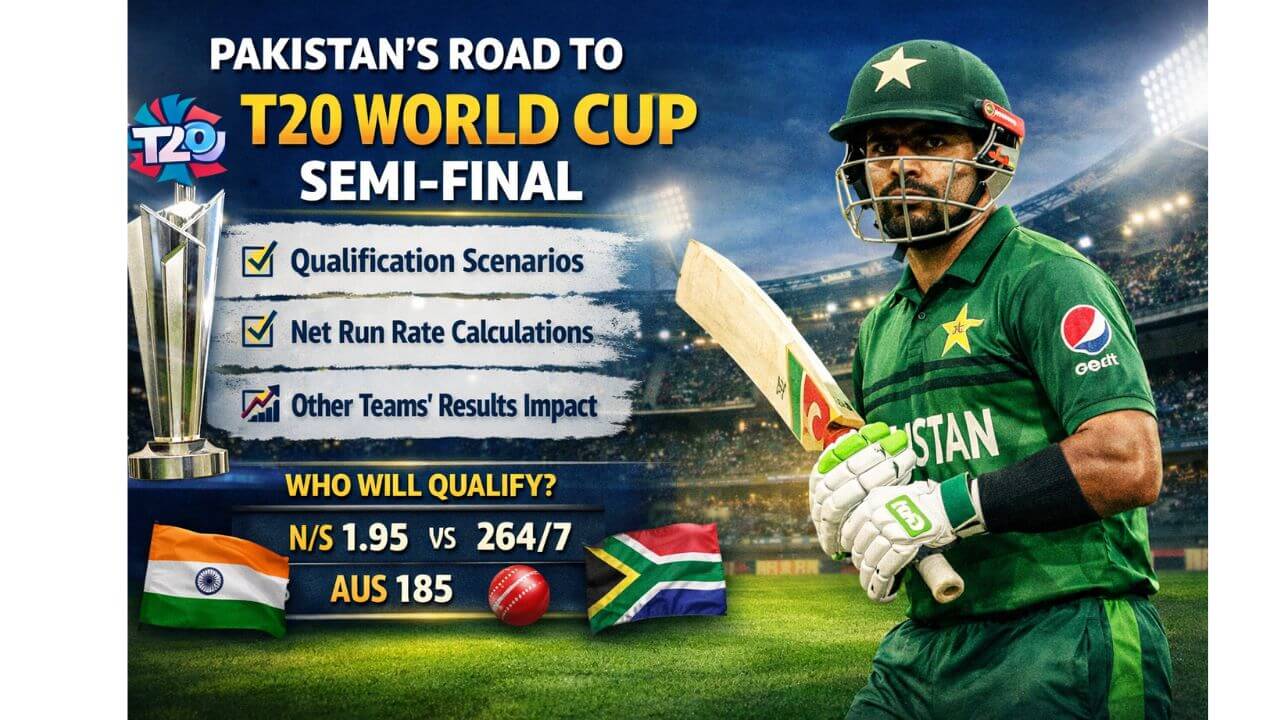
India’s Economic Strength: A Path to Third-Largest Economy
India is on a remarkable journey towards becoming the third-largest economy in the world, driven by its sound macroeconomic fundamentals. Finance Minister Nirmala Sitharaman recently addressed this topic at the Delhi School of Economics, emphasizing that external criticisms should not overshadow the progress India has made. She highlighted that the nation’s economic statistics tell a story of resilience and growth, demonstrating that India is not a “dead economy” as some outsiders might claim.
Sitharaman urged students and researchers to dive deep into data, urging them to analyze and translate academic insights into actionable policies. She believes that bridging the gap between research and governance is essential for India's development. By fostering a culture of data-driven decision-making, India can harness its intellectual potential to create effective economic policies that cater to its unique challenges.
Addressing the concerns surrounding the privatization of public sector banks, she reassured that such moves would not hinder financial inclusion. Instead, she argued that professionalizing these institutions could enhance their efficiency while still pushing for priority sector lending. This perspective is crucial as India aims to ensure that banking services reach all strata of society.
The Finance Minister also mentioned India's strengths beyond economics, highlighting the robustness of its defense forces and the innovative spirit of its youth in sectors like startups and IT. These elements contribute significantly to India's ability to assert itself on the global stage. Sitharaman stated that the country’s economic empowerment would promote inclusivity and help eliminate disparities between different social classes.
Moreover, she asserted the importance of technology in today’s economy, referring to it as the “fifth factor of production.” The integration of technology into various sectors can drive efficiency and innovation, enabling India to tackle its persistent challenges. As artificial intelligence continues to evolve, it presents both opportunities and concerns, and the government is keen to harness its potential while addressing job security.
Sitharaman concluded her address by inviting students from the Delhi School of Economics to contribute ideas for the upcoming budget, emphasizing the need for innovative thoughts to shape India's economic future. This open dialogue between policymakers and academia can pave the way for a more prosperous and developed India by 2047, when the nation aims to achieve its vision of "Viksit Bharat."










